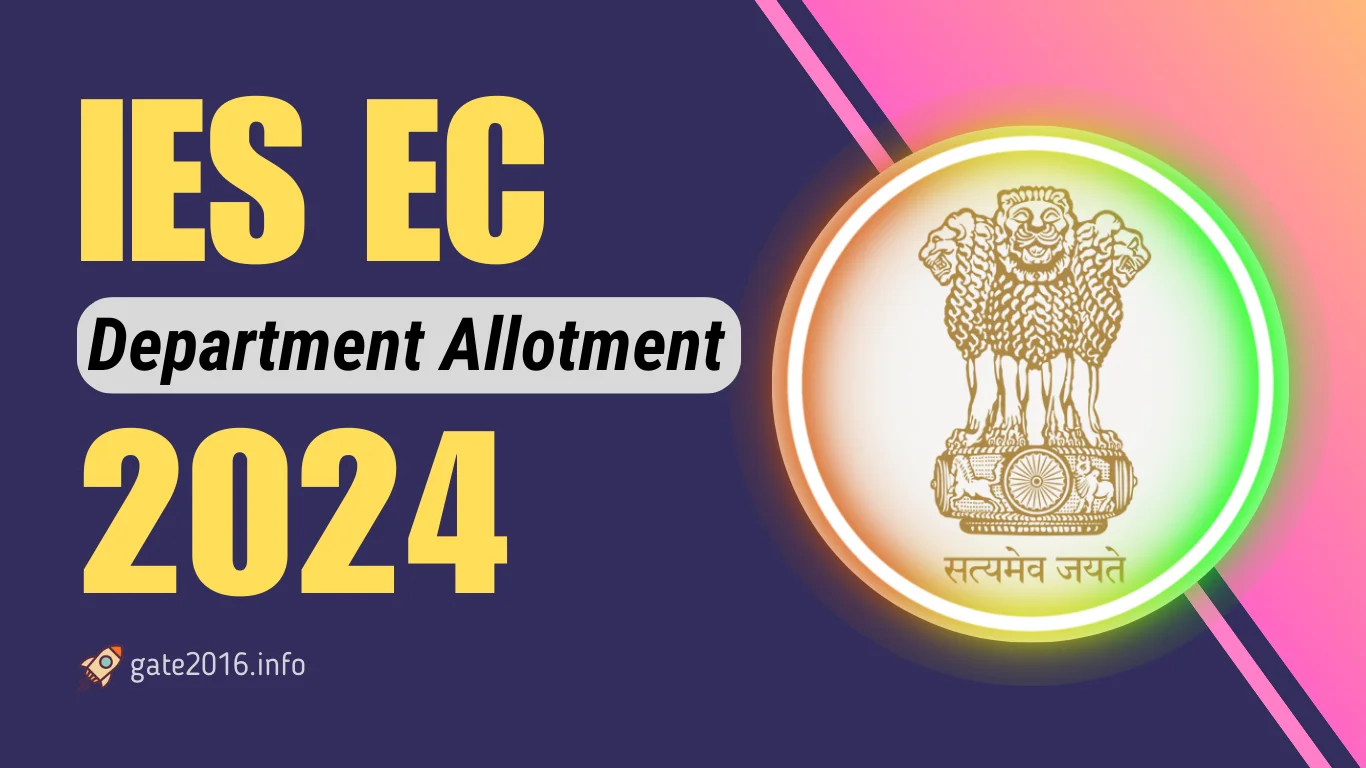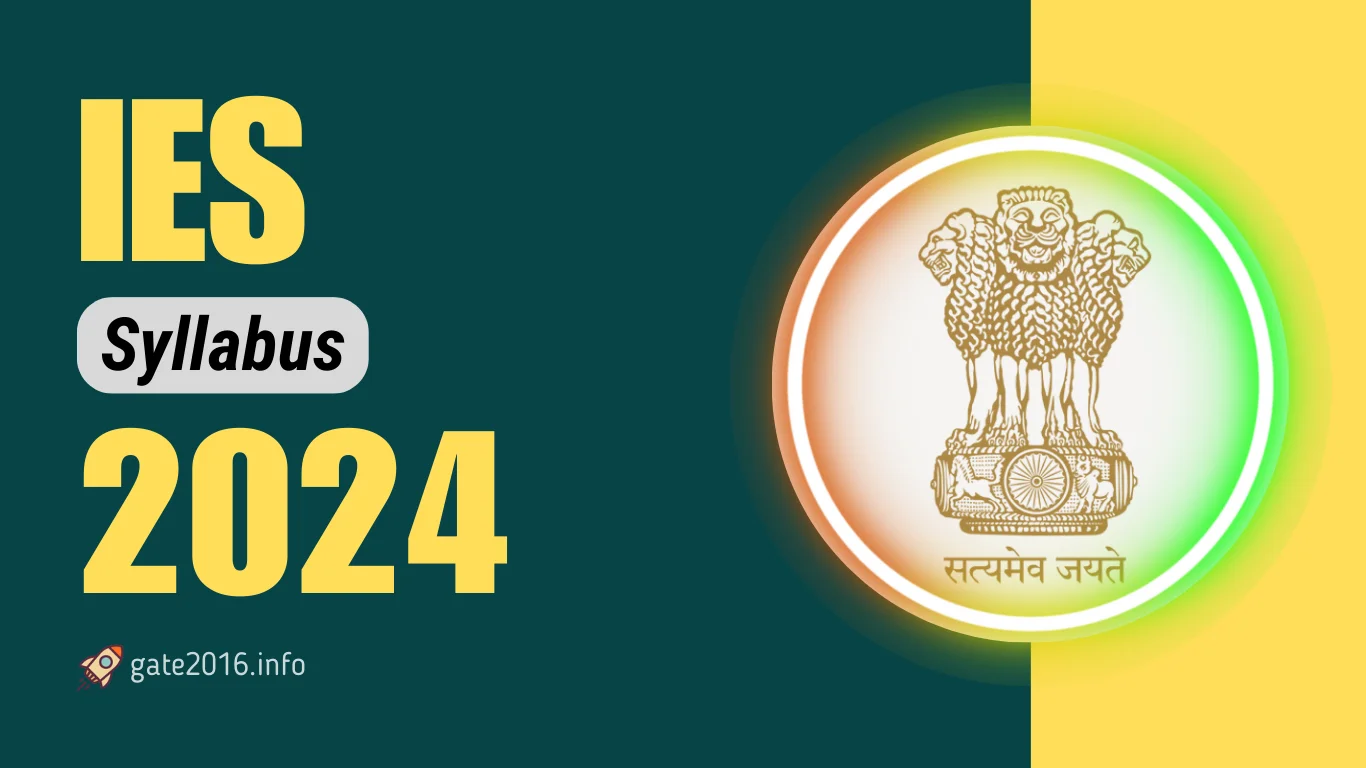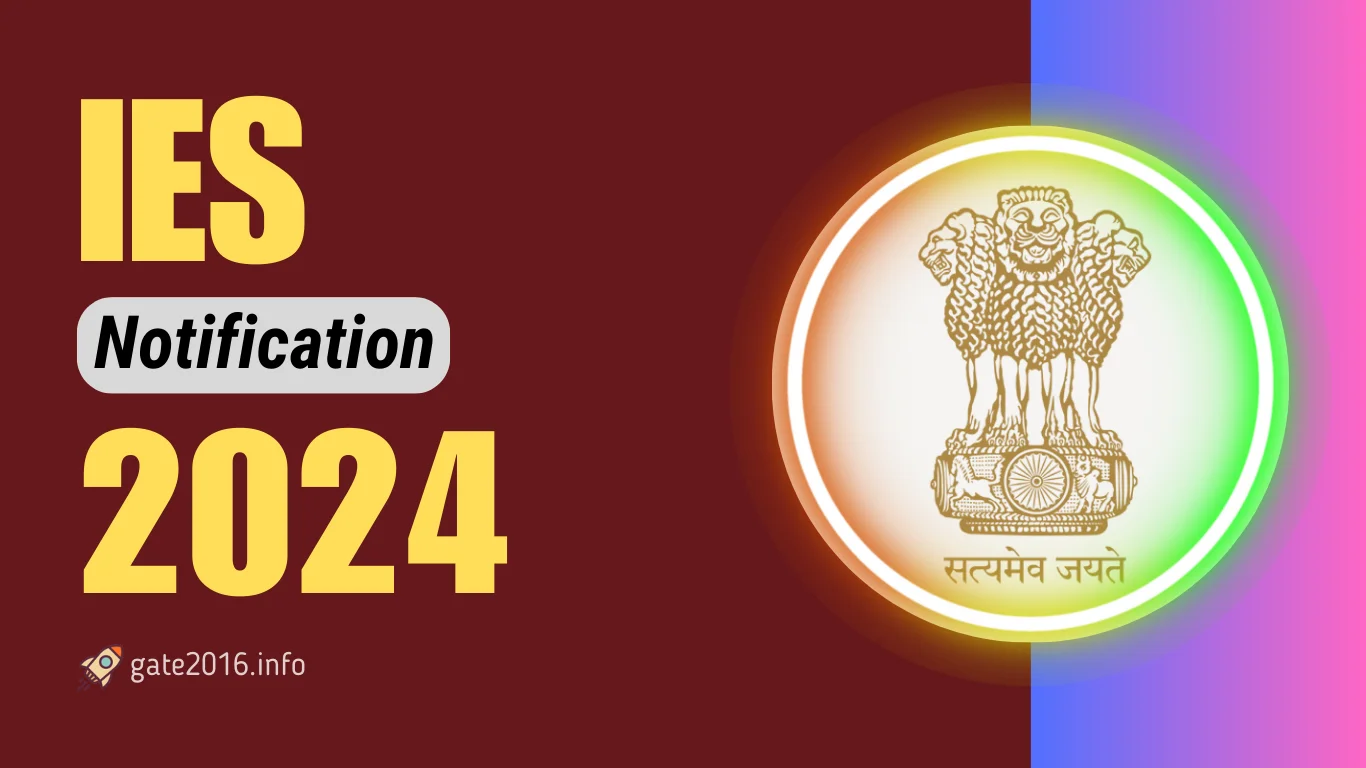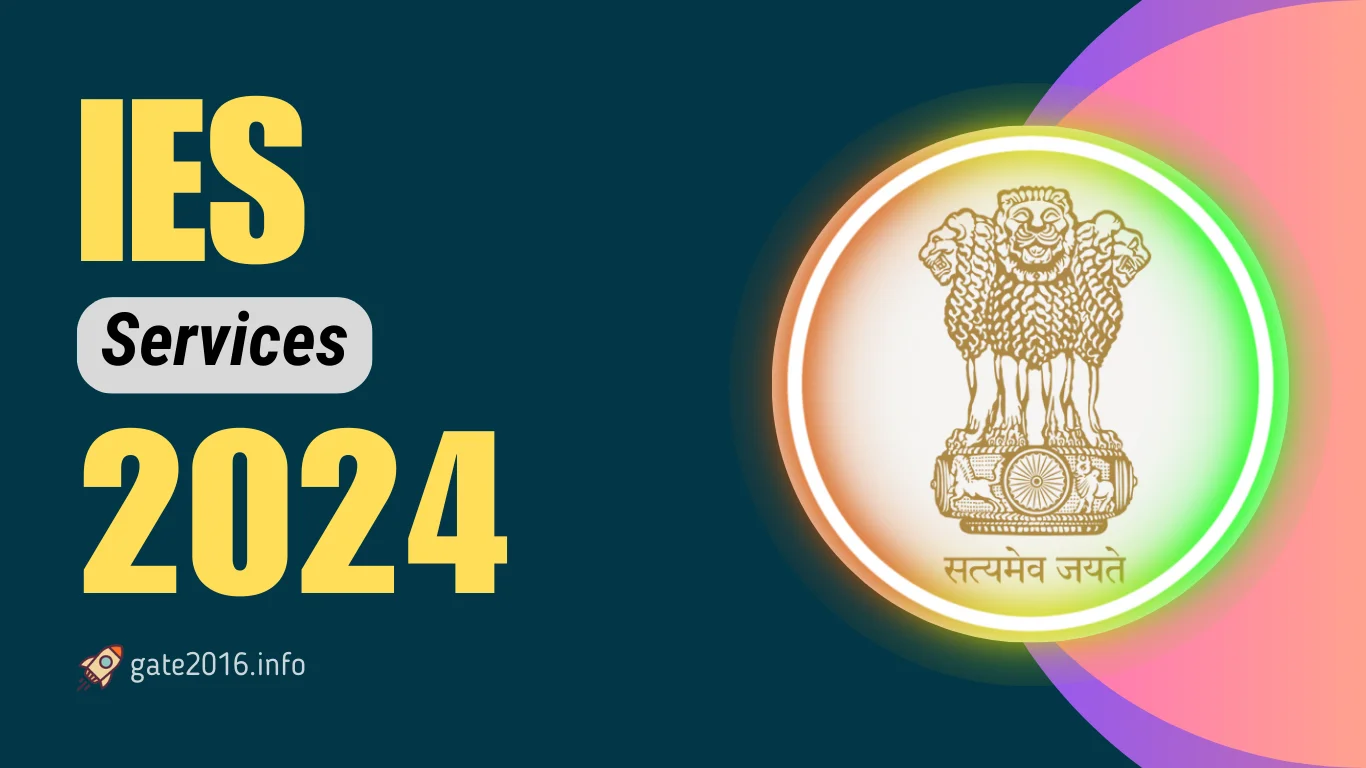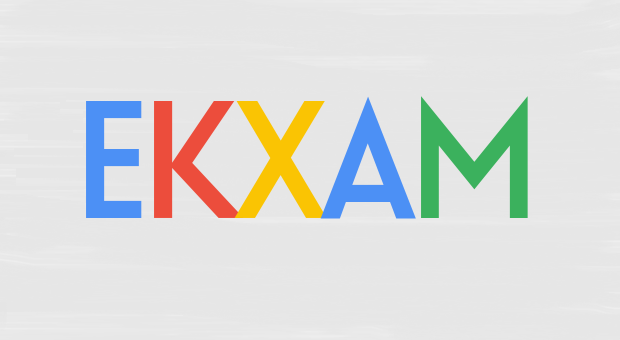Advertisements
Ratings
IES 2017 Changes – ECE – Here we have listed all the major changes which UPSC has introduced in Electronics & Telecommunication Engineering syllabus of ESE/IES 2017.
Candidates have to prepare ESE/IES 2017 as per new paper pattern & Syllabus. Using this post candidates can analyse what UPSC has changes in Electronics & Telecommunication Engineering syllabus of ESE/IES 2017.
What are the major changes in ESE/IES 2017 ?
1. Written exam will be in two stages : Preliminary (objective) and Mains (conventional). If you clear prelims, then only you will be eligible for mains.
2. Grand total marks are increased from 1200 to 1300 in written examination, and weightage of various subjects are as follows :
| Topic | Old scheme | Revised scheme |
| General studies – Objective | 20% (200Marks out of 1000) | 18.19% (200 Marks out of 1100) |
| Technical subjects – Objective | 40% (400 marks out of 1000) | 27.28% (300 marks out of 1100) |
| Technical subjects – Conventional | 40% (400 marks out of 1000) | 54.55% (600 marks out of 1100) |
General Studies and Engineering Aptitude
Note : Stage I – Paper I, Objective type, Common to all Candidates, 2 hours duration, 200 Marks maximum
| Old Syllabus | Revised Syllabus |
| Part A : General English : The question paper in General English will be designed to test the candidate’s understanding of English and workmanlike use of words. Part B : General Studies : The paper in General Studies will include knowledge of current events and of such matters as of everyday observation and experience in their scientific aspects as may be expected of an educated person. The paper will also include questions on History of India and Geography of a nature which candidates should be able to answer without special study. | 1. Current issues of national and international importance relating to social, economic and industrial development. 2. Engineering Aptitude covering Logical reasoning and Analytical ability. 3. Engineering Mathematics and Numerical Analysis. 4. General Principles of Design, Drawing, Importance of Safety. 5. Standards and Quality practices in production, construction, maintenance and services. 6. Basics of Energy and Environment : Conservation, environmental. pollution and degradation, Climate Change, Environmental impact assessment. 7. Basics of Project Management. 8. Basics of Material Science and Engineering. 9. Information and Communication Technologies (ICT) based tools and their applications in Engineering such as networking, e-governance and technology based education. 10. Ethics and values in Engineering profession. |
What are the major changes in ESE/IES General Studies and Engineering Aptitude section ?
1. General English is not mentioned in the new scheme.
2. General studies and engineering aptitude is fully revised. This is a very big change and so in depth preparation is compulsory as marks securedin every stage will be considered for final merit.
3. Aptitude (logical and analytical) and engineering mathematics are included.
4. Classical general studies like history, geography, life sciences etc, topics are not mentioned.
5. Design, drawing, project management, environmental issues, ICT tools are new topics in this section.
6. Ethics and values are also added here which are already present in civil services examination.
7. Questions from all the 10 topics mentioned above shall be set. Marks for each Topic may range from 5% to 15% of the total marks in the paper.
Electronics & Telecommunication Engineering
Note: Contents for syllabus of both the Papers together for Stage-I objective type Paper–II and separately for Stage-II Conventional type Paper-I and Paper – II
Paper-I
| S. No. | Old syllabus | Revised syllabus |
| 1. | Materials and Components | Basic Electronics Engineering |
| 2. | Physical Electronics, Electron Devices and ICs | Basic Electrical Engineering |
| 3. | Signals and Systems | Materials Science |
| 4. | Network theory | Electronic Measurements and Instrumentation |
| 5. | Electromagnetic Theory | Network Theory |
| 6. | Electronic Measurements and instrumentation | Analog and Digital Circuits |
What are the major changes in Electronics & Telecommunication Engineering Paper I ?
1. Analog Electronic Circuits and Digital Electronic Circuits are merged into single subject and named as Analog and Digital Circuits. This Subject is moved from paper II.
2. Signals and Systems is not a part of new syllabus.
3. Materials and Components named as Materials Science.
4. Electromagnetic Theory moved to paper II and named as Electro Magnetics.
5. Physical Electronics, Electron Devices and ICs named as Basic Electronics Engineering.
6. Basic Electrical Engineering is new subjects in paper I.
Paper-II
| S. No. | Old syllabus | Revised syllabus |
| 1. | Analog Electronic Circuits | Analog and Digital Communication Systems |
| 2. | Digital Electronic Circuits | Control Systems |
| 3. | Control Systems | Computer Organization and Architecture |
| 4. | Communication Systems | Electro Magnetics |
| 5. | Microwave Engineering | Advanced Electronics Topics |
| 6. | Computer Engineering | Advanced Communication Topics |
What are the major changes in Electronics & Telecommunication Engineering Paper II ?
1. Analog Electronic Circuits and Digital Electronic Circuits are moved to paper I.
2. Communication Systems named as Analog and Digital Communication Systems.
3. Computer Engineering named as Computer Organization and Architecture.
4. Microwave Engineering is not a part of new syllabus.
5. Advanced Electronics Topics & Advanced Communication Topics are new subject in paper II.
| IES/ESE GS & EA Books |
| IES/ESE Guide Books |
IES Total Information & Guidance
Click below given links to get further information.


